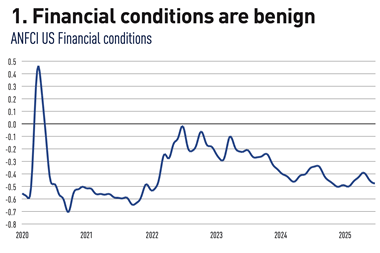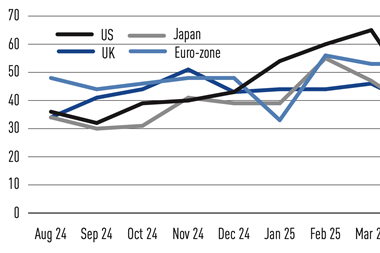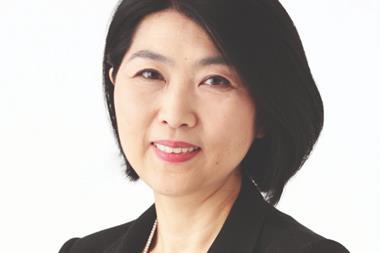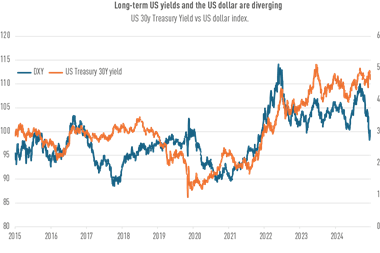October marked the tenth anniversary of the DC programme in Japan, but several issues have emerged from a subscriber’s perspective.
Few subscribers have achieved their assumed yields, a key fund management statistic, suggesting insufficient thought was given in the determination of yields in many cases. Product development efforts and investor education efforts are also lacking.
Nenkin Joho has carried out regular surveys of the accumulated performance of subscribers in three major fund management institutions since they joined the DC system. Those results show some interesting facts.
The average operating yield of all subscribers from the time they joined the system until the end of March 2011 was 0.24%. Members who achieved yields exceeding the 2.0% targeted by most companies came to only 6.9% of the whole. The yield shortfall suggests most subscribers, unable to reach their financial targets, will effectively suffer a drop in benefits. The present design and management of the pension system leaves problems unresolved.
The limits of investor education efforts must also be noted. The assumed yield is the most important fund management statistic, and it is important to consider how the investment risk of pension assets should be allocated among management and labour based on government bond yields. The discount rate used to calculate pension liability should be determined with reference to government bond yields.
The ratio of retirement benefits transferred to DC is in inverse proportion to assumed yield levels. The higher the transfer ratio, the lower the yield should be. The assumed yield needs to be reviewed whenever the retirement benefit system itself is reconsidered and the transfer ratio is changed.
The content and frequency of investor education efforts have also been insufficient. Subscribers are taught a certain amount when they join the programme, but the courses are brief, leaving broad doubts over whether they truly understand the nature of the scheme.
A Pension Fund Association study finds only 44.7% of funds continue their education after the subscriber has joined. DC programmes don’t pursue profits from investment trust gains, allotting their funds instead to the four traditional assets. DC educational efforts should focus on the principles of fund management, not on chasing profits from rising market prices. Fund managing institutions should also work to reduce management costs for subscribers.
Even with DC systems, the corporation has a responsibility to achieve its financial targets as long as the shift involves retirement funds, which are basically deferred wages. Corporations need to establish a firm governance framework to ensure the healthy maintenance and development of their programmes.
Masaki Uemura is the deputy managing director at NPO Financial and Pension Problem Education Network.












